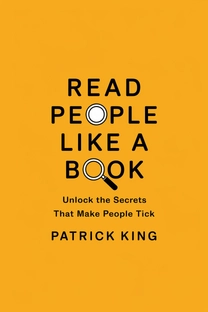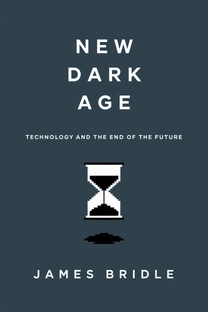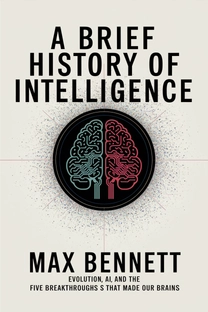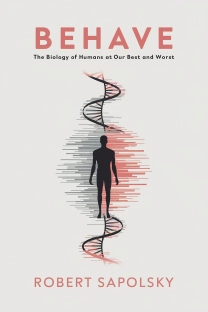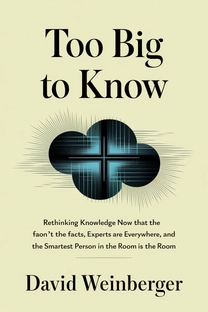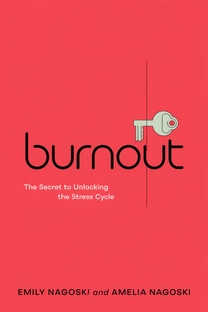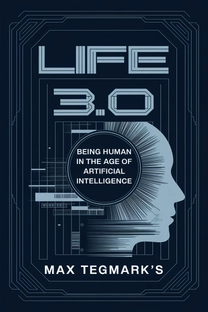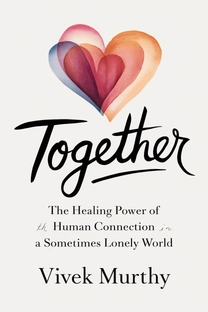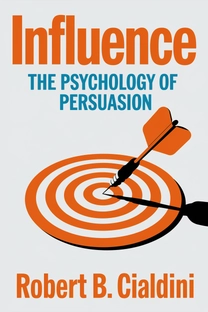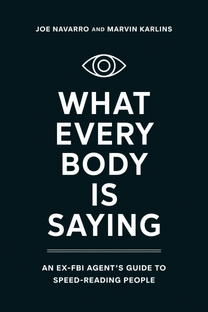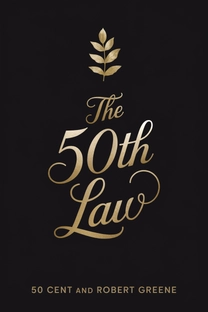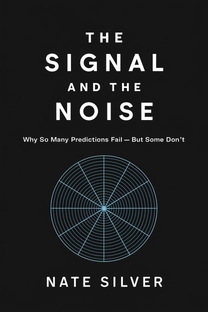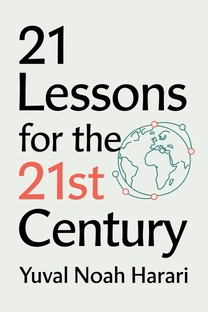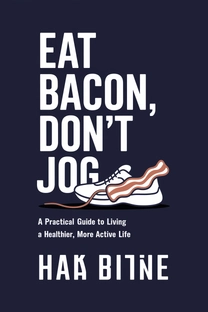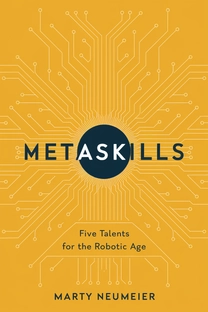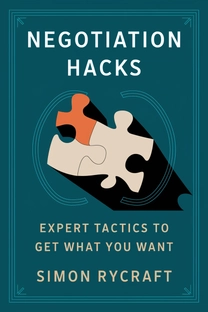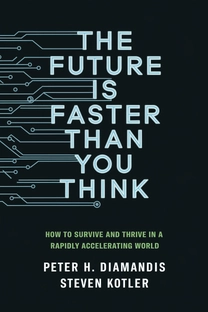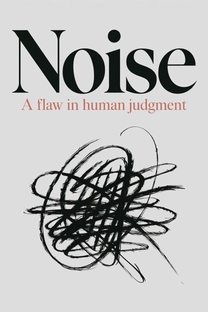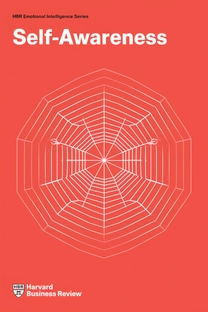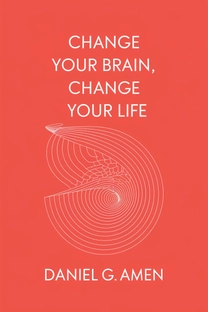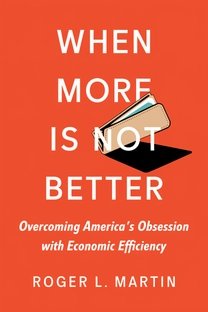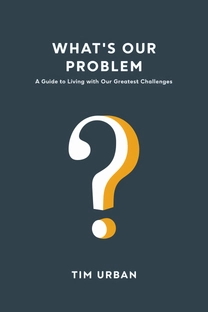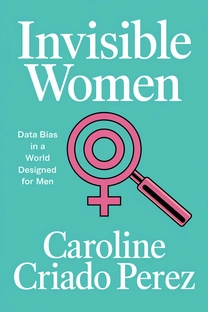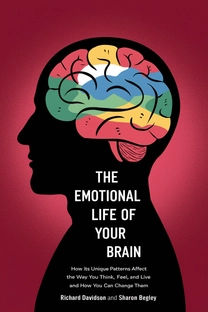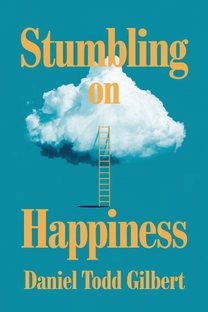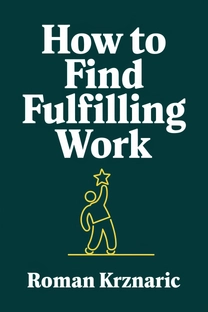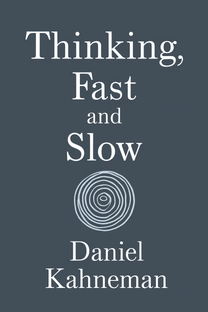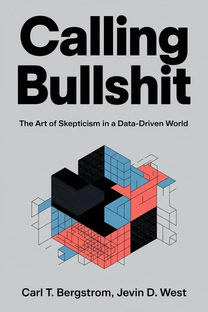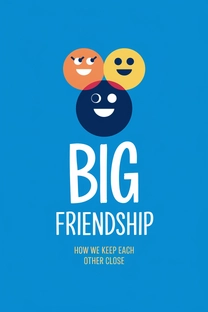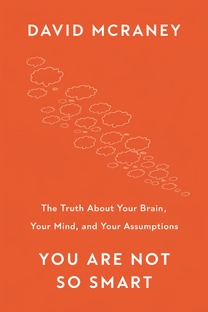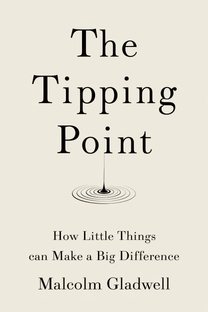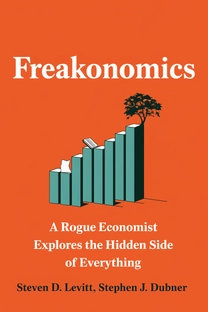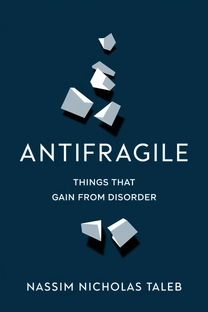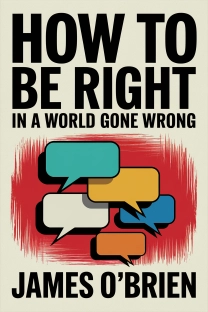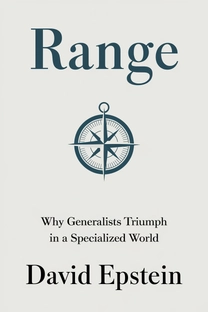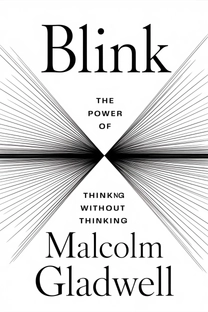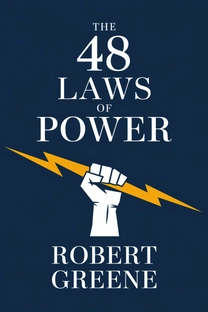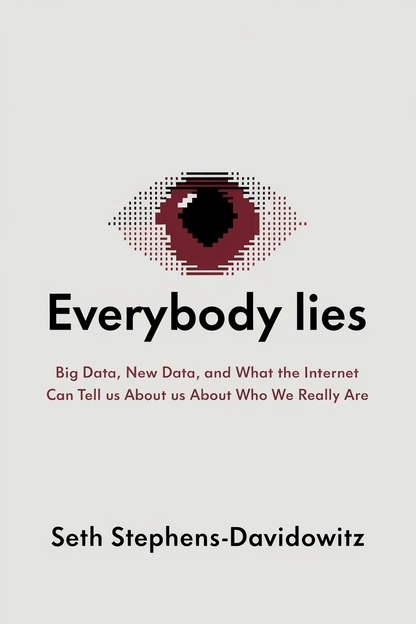
Everybody Lies
Big Data, New Data, and What the Internet Can Tell Us About Who We Really Are
by Seth Stephens-Davidowitz
Brief overview
This book reveals how our online behavior exposes secrets we often hide in everyday life. By mining Google searches, digital trails, and extensive datasets, it shows that what we do in private paints a clearer picture of real human nature than traditional methods ever could. Readers will gain surprising insights into everything from voting patterns to personal anxieties, while learning how data can both illuminate and mislead us.
Introduction
Imagine having a window into the most private, unfiltered questions and confessions people carry in their heads. That is precisely what the internet provides, especially through search engines. Rather than tidied-up survey answers, we find individuals admitting their fears, resentments, hopes, and embarrassing curiosities. This raw, unguarded sharing of behavior is the essence of what this book calls “big data truths.” In many ways, we have lived in a world of partial truths, where people strive to appear better, friendlier, or more successful than they really are. Official reports and media narratives only scratch the surface. By comparing what people say publicly versus what they search privately, the author reveals stark contrasts between polished talk and genuine thought. In this page-based summary, you will see how data can confirm common beliefs—or shatter them entirely. You’ll also see how hidden behaviors online can rewrite our understanding of racism, parenting regrets, relationships, politics, and much more. The journey begins with a simple premise: given the right tools, we can finally see what has been hidden all along.
This summary introduces key insights from studies that rely on the unprecedented honesty of internet searches. In doing so, it challenges readers to question traditional assumptions about how we gather and interpret information. Each page will spotlight a major aspect of these revelations—from everyday biases and surprising global comparisons to the possibility of using big data for good. The goal is not to turn everyone into professional data scientists but to encourage a shift in perspective. When public statements and private behaviors diverge, which one do we trust? As you’ll discover, there is immense power in analyzing the digital footprints we all leave behind. Welcome to a new lens on human nature.
The Power of Hidden Online Behavior
One of the biggest claims of this book is that search histories reveal more about our genuine mindset than face-to-face surveys ever can. People often lie in polls or hush certain views in public. Yet when they type queries into a private search engine, they share things they would never admit to a neighbor or sociologist. This phenomenon explains surprising patterns—for instance, the hidden prevalence of searches involving intolerance or adult topics. Google Trends alone collects billions of key terms that may contradict poll results. It allows us to peek beneath society’s polite surface and track spikes in curiosity, fear, or bias.
Despite its power, online data must be interpreted with caution. Not everyone searches accurately or uses the same words, and some queries may be jokes rather than genuine confessions. Still, patterns in aggregated data can be telling. We see them in unexpected correlations—like how certain health terms link to seasonal patterns, or how interest in a political candidate flares and fades. Ultimately, these digital breadcrumbs help us see beyond polite veneers. They highlight the difference between how we strive to appear and who we truly are. Understanding this gap can shift our perspective on topics as wide-ranging as sexual orientation, voting choice, or even which diseases might surge in a region.
What is Everybody Lies about?
Everybody Lies by Seth Stephens-Davidowitz uses big data to unearth surprising details about human nature that people often keep hidden. Drawing on search engine results, social media engagement, and digital footprints, the author uncovers glaring contrasts between our public personas and our private mindsets.
This book illustrates the powerful impact of unfiltered online activity, touching on topics like prejudice, relationships, and identity. By revealing what our data trails say about us, Everybody Lies encourages readers to reconsider long-held assumptions and explore how real-world decisions take shape behind the scenes. It’s an eye-opening read that shows the role numbers play in capturing a more honest view of who we really are.
Review of Everybody Lies
This book shines by showing how massive datasets highlight societal truths that typical surveys often miss. Using lively examples, the author demonstrates how Google searches and other online data reveal hidden biases, unexpected trends, and genuine human vulnerabilities. The straightforward explanations make it easy to see why this approach matters for areas like public policy, marketing, and everyday personal choices.
Stephens-Davidowitz writes in a friendly but informed style, balancing academic depth with approachable stories. Whether you’re a seasoned data enthusiast or simply curious about what shapes our behavior, you’ll find compelling applications in each chapter. By the end, you’ll be inspired to look at internet data in a whole new way—and see what it might say about you. Highly recommended for anyone interested in the real story behind our private searches.
Who should read Everybody Lies?
- Marketing professionals looking to understand the hidden motives behind consumer behavior
- Data analysts and researchers seeking real-life examples of big data’s influence on social insights
- Sociology or psychology students who want an accessible look at how online information uncovers hidden trends
- General readers curious about how private internet usage offers a more accurate window into human nature
About the author
Book summaries like Everybody Lies
Why readers love Mindleap
10-Minute Book Insights
Get the core ideas from the world's best books in just 10 minutes of reading or listening.
Curated For You
Discover your next favorite book with personalized recommendations based on your interests.
AI Book ExpertNew
Chat with our AI to help find the best book for you and your goals.
Reviews of MindLeap
Love how I can get the key ideas from books in just 15 minutes! Perfect for my busy schedule and helps me decide which books to read in full.
Alex R.
The summaries are incredibly well-written and the audio feature is perfect for my commute. Such a time-saver!
Jessica M.
Great app for personal growth. The insights are clear and actionable, and I love how they capture the essence of each book.
Chris P.
The app is beautifully designed and the summaries are top-notch. Definitely worth every penny!
Sarah K.


